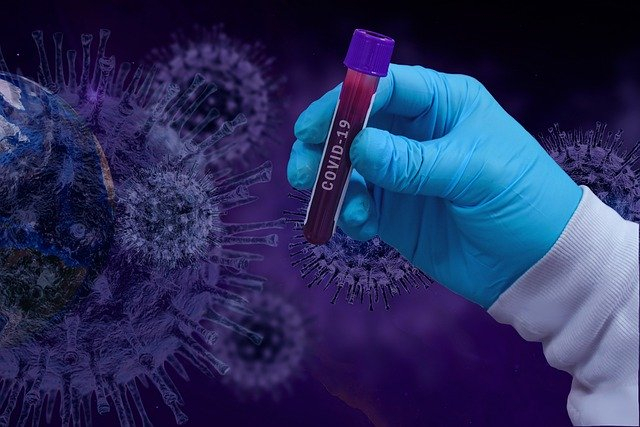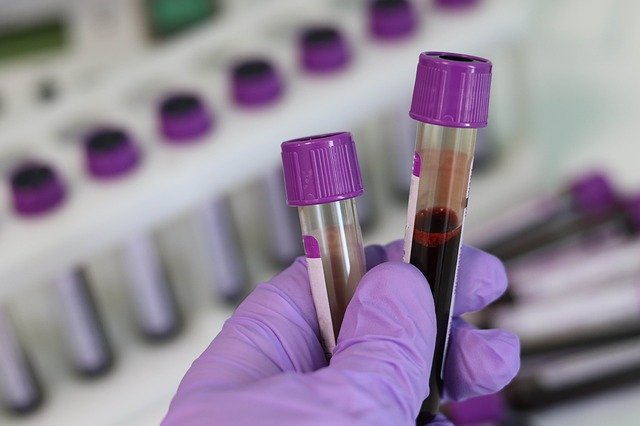Do those who recover from COVID-19 have immunity? Experts say that there is no clear answer to this question. But still many people have assumed that contracting the Coronavirus and recovery later confers immunity, at least for a while.
Eric Vivier, a professor of immunology in the public hospital system in Marseilles recently stated that being immunized means that those people have developed an immune response against a virus such that they can repulse it. "Our immune systems remember, which normally prevents you from being infected by the same virus later on," he explained.
He told AFP that in terms of SARS-CoV-2, it takes about three weeks to build up a sufficient quantity of antibodies and even then, they may provide protection for only a few months.
Coronavirus mystery
When Michael Ryan, executive director of the World Health Organization's Emergencies Program was asked how long a recovered COVID-19 patient would have immunity, he said, "We do not have the answers to that -- it's an unknown," and added, "We would expect that to be a reasonable period of protection, but it is very difficult to say with a new virus -- we can only extrapolate from other coronaviruses, and even that data is quite limited."
Francois Balloux director of the Genetics Institute at University College London, told AFP that in terms of the SARS affected patients, between 2002 and 2003, they remained protected for almost three years, on average. He also mentioned that "one can certainly get reinfected but after how much time? We'll only know retroactively."

Re-infection from Coronavirus
As per a recent Chinese study which had gone through the peer review reported on rhesus monkeys that recovered from novel Coronavirus and did not get re-infected after exposing to the SARS-CoV-2. Pasteur Institute researcher Frederic Tangy said it doesn't reveal any conclusive theory.
However, one of the first countries hit by the novel Coronavirus, South Korea reported that recovered COVID-19 patients later tested positive for the virus. In this case, it should be noted that, while it is not impossible that these people became infected a second time, Balloux argued that the virus never completely disappeared in the first place and remains in the body as dormant and asymptomatic, like herpes.
Since the tests for live viruses and antibodies need perfection, it is also possible that these patients at some point were tested "false negative," which suggest that people remain infected for a long time, sometimes several weeks and this is not ideal.
In terms of another study, conducted in Shanghai that included 175 recovered patients, the results showed different concentrations of protective antibodies, say 10 to 15 days after the onset of symptoms. Maria Van Kerhove, Technical Lead of the WHO Emergencies Program said, "Whether antibody response actually means immunity is a separate question... That's something we really need to better understand -- what does that antibody response look like in terms of immunity."

As per Jean-Francois Delfraissy, president of France's official science advisory board, it is possible that the antibodies developed by a patient against the virus could actually increase the risk of the disease becoming worse.
Here it should be mentioned that it is still unclear whose antibodies are more effective in beating the Coronavirus -- a patient who almost died or a person who showed mild symptoms or no symptoms.
Antibody tests
While in viral tests nose and throat swabs are tested, in terms of anti-body tests blood samples are collected for testing. If researchers find antibodies that prevent or treat COVID-19, antibody treatments would be pricey and likely need to be administered regularly.
Scientists are currently developing antibody tests to see what proportion of the population in different countries have been affected by the Coronavirus. Such an approach has helped the UK and Finland, while some experts in Germany have shared the idea of an "immunity passport" that would allow people to go back to work.
Saad Omer, a professor of infectious diseases at the Yale School of Medicine thinks that it would be too "premature" at this time, while as per some experts the idea of immunity passports or certificates raises ethical questions.









